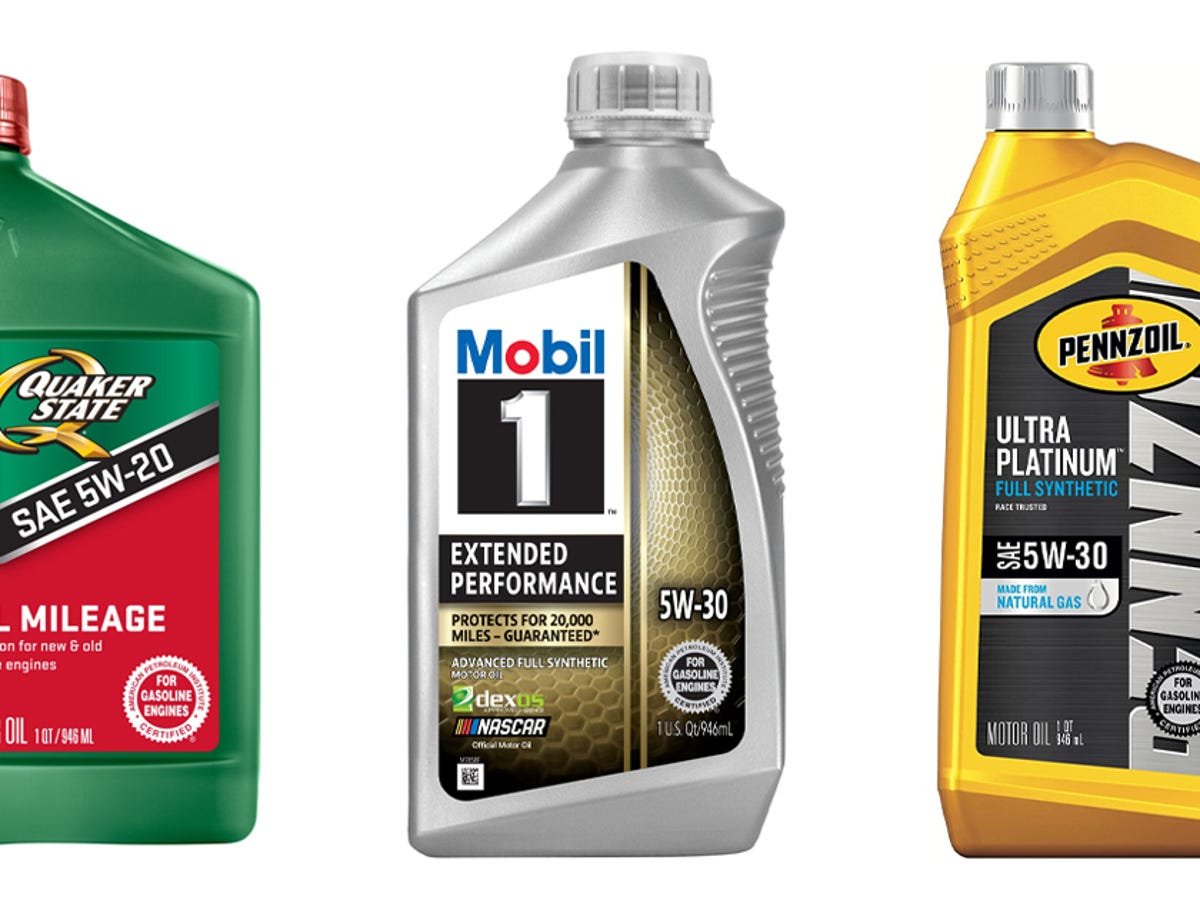When it comes to choosing the best engine oil grade for your car, it’s essential to understand the importance of selecting the right viscosity. The viscosity of the oil determines its ability to flow and provide optimal protection to the engine components. In this article, we will discuss the considerations to keep in mind while choosing the engine oil grade and recommend the best options for various scenarios.

Credit: www.cnet.com
Understanding Engine Oil Grades
Engine oil grades are represented by a combination of numbers and letters, such as 5W-30 or 10W-40. The numbers represent the oil’s viscosity at different temperatures. The first number followed by a ‘W’ indicates the oil’s viscosity at low temperatures, and the second number indicates its viscosity at high temperatures.
A lower viscosity oil with a smaller number before the ‘W’ will flow better at cold temperatures, making it ideal for cold climates. On the other hand, a higher viscosity oil with a larger number will provide better protection at high temperatures, making it suitable for hot climates or engines operating under extreme conditions.
Choosing the Right Engine Oil Grade
Now that we understand the basics of engine oil grades, let’s dive into choosing the right one for your car:
- Determine your car’s oil viscosity requirements by referring to the owner’s manual or contacting the car manufacturer.
- Consider the climate you live in. For cold climates, a lower viscosity oil (such as 5W-30) is recommended, while for hot climates, a higher viscosity oil (such as 10W-40) is preferable.
- Assess your driving habits and conditions. If you frequently tow heavy loads or drive in stop-and-go traffic, you may require a higher viscosity oil to ensure proper engine protection.
- Take into account the age and condition of your car’s engine. Older engines may benefit from a slightly thicker oil to compensate for wear and provide better lubrication.
- Consider synthetic oils for enhanced performance. Synthetic oils offer better temperature resistance, reduce engine wear, and provide improved fuel efficiency compared to conventional oils.

Credit: toyota.com.ph
Recommended Engine Oil Grades
Based on the above considerations, here are some recommended engine oil grades:
| Climate | Recommended Oil Grade |
|---|---|
| Cold Climate | 5W-30 |
| Hot Climate or Extreme Conditions | 10W-40 |
| High Performance or Towing | 15W-50 |
| Older Engines | 20W-50 |
Remember, these are general recommendations, and it’s always best to refer to your car’s manual or consult with a qualified professional to determine the exact oil grade suitable for your specific vehicle.
Conclusion
Choosing the best engine oil grade for your car is crucial to ensuring optimal engine performance and longevity. Consider the climate, driving conditions, and your car’s specifications when making the decision. Synthetic oils are often recommended for their superior performance and protection. By following these guidelines, you can make an informed decision and keep your engine running smoothly for years to come.
Read More:


